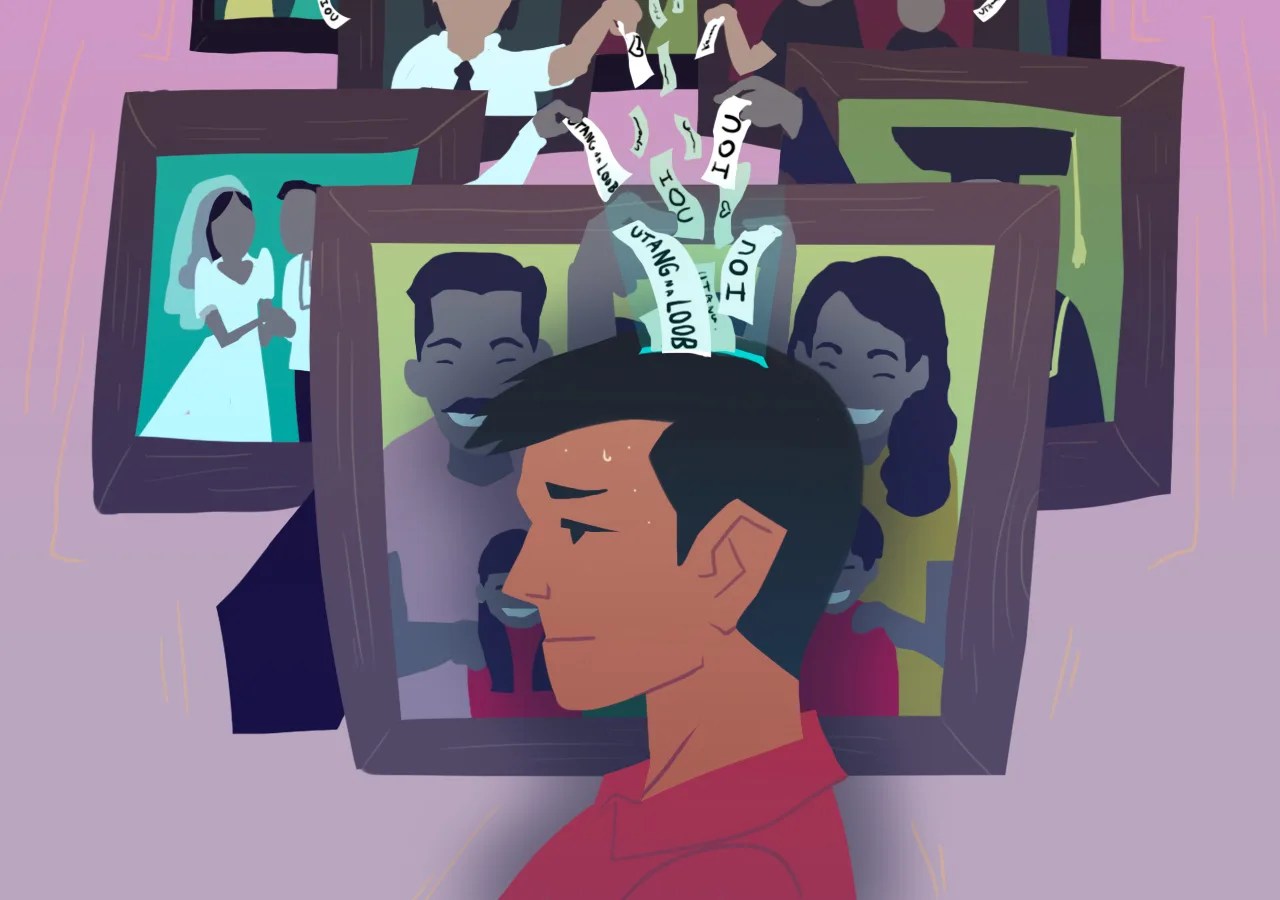Imagine a society where every act of kindness, every favor granted, creates a bond that ties individuals together in a web of mutual obligation. This, in essence, is the heart of "utang na loob," a deeply ingrained Filipino cultural value that can be both fascinating and complex for outsiders to grasp.
Often translated as "debt of gratitude" or "debt of goodwill," utang na loob goes beyond mere thankfulness. It signifies a profound sense of obligation to repay a person who has done you a significant favor, often one that has required considerable effort or sacrifice on their part. This debt isn't necessarily financial; it can be repaid through loyalty, service, or future favors.
The roots of utang na loob run deep into Philippine history, interwoven with indigenous values of kinship, community, and social harmony. In a society that often lacked formal social safety nets, relying on one another for support was essential. This interdependence fostered a culture where acts of kindness, especially in times of need, were deeply valued and came with an implicit expectation of reciprocity.
However, the seemingly simple concept of returning a favor becomes nuanced in practice. The "debt" in utang na loob is rarely explicitly stated, its terms undefined and open-ended. This ambiguity can lead to misunderstandings, particularly in intercultural interactions, and sometimes even be exploited. This makes understanding the nuances of utang na loob crucial, not just for navigating Filipino society, but also for appreciating the complexities of human connection within a cultural framework.
To understand utang na loob is to understand a fundamental aspect of the Filipino psyche: a deep sense of relationality and an inherent desire for balance and reciprocity in social interactions. While it might seem like a complex dance of obligation, at its core, utang na loob speaks to the very human need to acknowledge, value, and reciprocate acts of kindness.
Let's explore some of the advantages and disadvantages of this deeply ingrained cultural value:
Advantages and Disadvantages of Utang na Loob
| Advantages | Disadvantages |
|---|---|
| Strengthens social bonds and fosters a sense of community. | Can lead to feelings of pressure or obligation, even when unwanted. |
| Encourages generosity and support within relationships. | Potential for exploitation, particularly if the concept is misused. |
| Promotes a culture of reciprocity and mutual assistance. | Ambiguity in repayment can lead to misunderstandings or conflict. |
While navigating the complexities of utang na loob can be challenging, its enduring presence in Filipino culture underscores its significance in shaping social dynamics and individual relationships. By understanding its nuances and engaging with it thoughtfully, we can appreciate the richness it brings to human interaction.
Catching the scarlet knights where you are rutgers football on tv today
Discord server icon size pixels tiny images major impact
Unlocking the secrets of your acs drain pump
The tricky obligations of utang na loob : Code Switch : NPR - You're The Only One I've Told
'Utang na loob?' Filipino family values gone wrong, and how they affect - You're The Only One I've Told
definition of utang na loob - You're The Only One I've Told
Rachel sa 'utang na loob' culture ng Pinoy: I think of it as love - You're The Only One I've Told
How Utang na Loob Made Filipino Families Toxic - You're The Only One I've Told
definition of utang na loob - You're The Only One I've Told
What Filipinos Forget About 'Utang Na Loob' Today - You're The Only One I've Told
Utang na Loob: The Future or the Retirement? - You're The Only One I've Told
What Filipinos Forget About 'Utang Na Loob' Today - You're The Only One I've Told
Alden Richards marunong tumanaw ng utang na loob, hindi raw sasama sa - You're The Only One I've Told
On "Utang Na Loob Culture" and Liza Soberano's Personal Choices - You're The Only One I've Told
Pooh gustong resbakan ang bashers: 'Sana napakain mo ako nu'ng sinasabi - You're The Only One I've Told
Ano Ang Kahulugan Ng Utang Na Loob - You're The Only One I've Told
Utang na Loob: Filipino's Sense of Gratitude and Generosity - You're The Only One I've Told
Mia P. Manansala Quote: - You're The Only One I've Told














